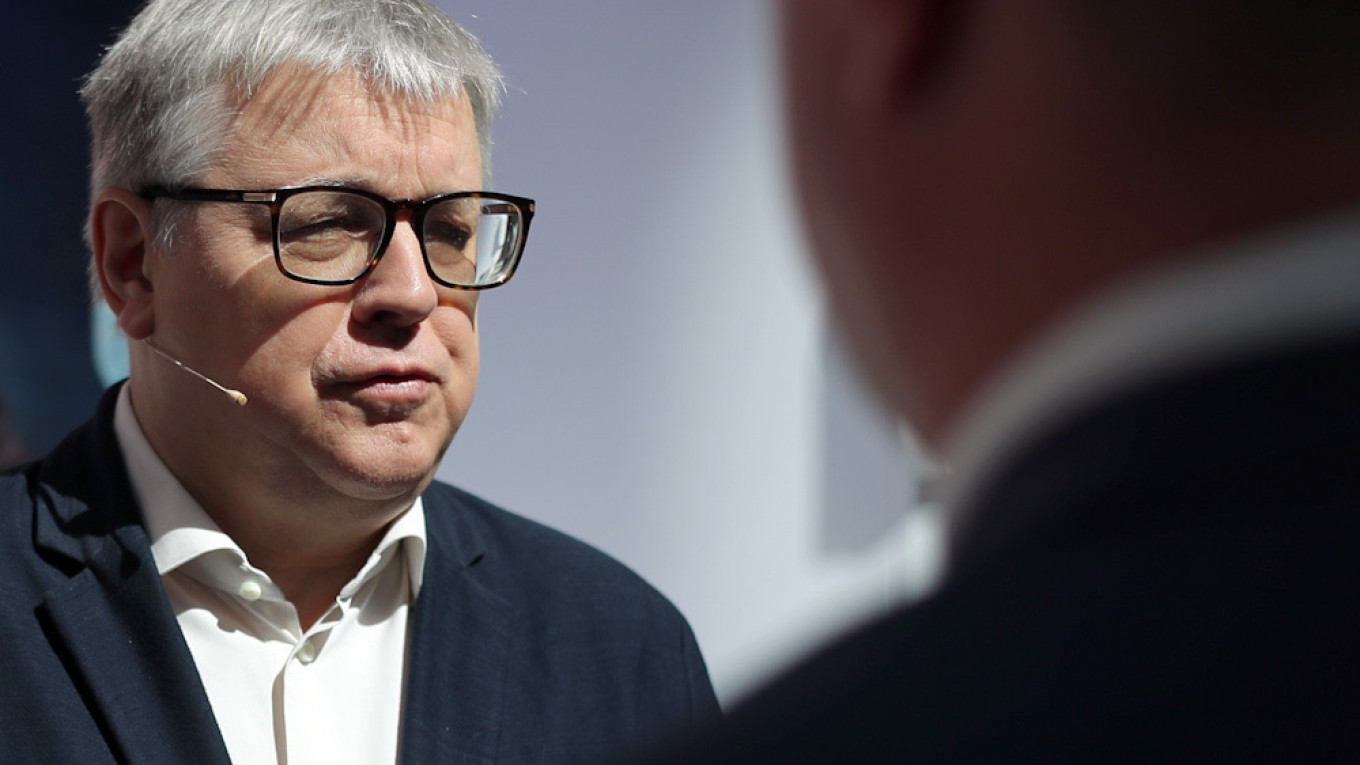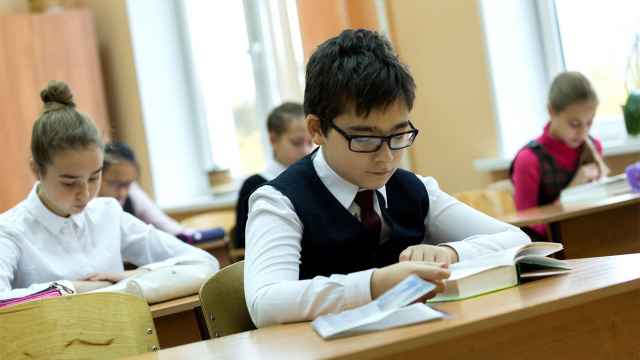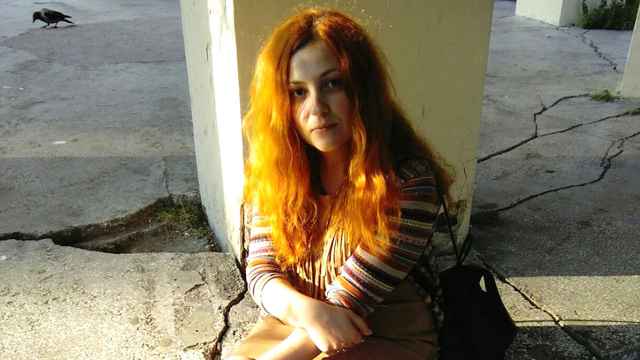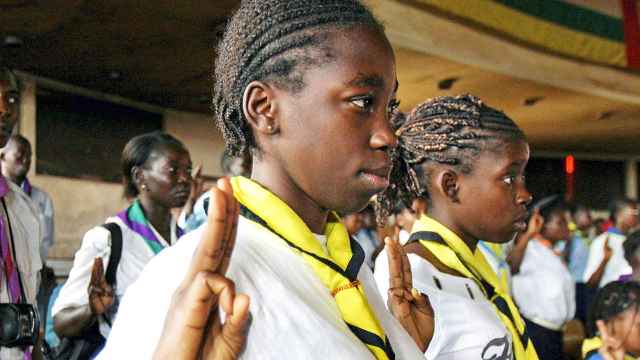The extent to which all significant projects in Russia — from theaters to newspapers and universities — are tied to specific personalities has become clear following the retirement of Yaroslav Kuzminov, founder and rector of the Higher School of Economics (HSE).
Responses to this retirement and speculation about its consequences, which bear a striking resemblance to a funeral oration for forward-thinking Russian education, reveal the true scope of the model ‘new’ Russian university, HSE, and one of its founding fathers.
The departure of HSE’s rector is difficult to compare to that of any particular minister, including those with related profiles — education, science, public outreach.
Kuzminov’s retirement is an important event, and his influence during certain periods of post-Soviet development was significantly greater than that of various agency heads. Although there was a time when Kuzminov was considered a candidate for Minister of Science or Education, such an appointment would have been pointless: his influence as rector and author of various reforms was much greater.
Kuzminov has been succeeded by Nikita Anisimov, the former director of Far Eastern Federal University, who made his career in the administration of MGU.
His marked neutrality to Kuzminov’s legacy — in the sense that we know nothing about Anisimov’s views — can be read as either negative or relatively positive, so far as the latter is even possible.
The Idea of a University
The Unified State Exam (EГЭ or USE), conceived both as a means of fighting corruption and a way to identify talented students from the provinces, was Kuzminov’s brainchild. Even before the USE’s introduction, HSE had operated on comparable principles. It was the first institute of higher education with an anti-plagiarism scheme.
The Bologna Process, which brought Russian education into sync with European systems and opened a window to the world for Russian youth — that was also Kuzminov. Plans for strategic reform aimed at authoritarian modernization (none, however, ultimately realized), were created with the involvement of his team. He also consulted for the government with the hope of implementing some small schemes. But none of that was as important as what he achieved in changing the content of education. Russian education was completely transformed, thanks largely to HSE.
Kuzminov began with “teaching the teachers”.
Taking a leaf from Peter the Great, the future professors of HSE — distinguished, middle-aged Soviet economists with years of experience — were sent abroad to further their education in Paris and the Hague. In Moscow, they listened to lectures on economic theory by Revold Entov. Grigory Kantorovich (not to be confused with the Nobel laureate of the same last name) taught them mathematics and econometrics. The young Kuzminov introduced these new pedagogical methods to the economics faculty at the Moscow Institute of Physics and Technology; subsequently, many physicists requalified as economists.
Money was raised; sources ranged from the European Commission’s development assistance program for the post-Soviet sphere, TACIS, to George Soros (who stood behind almost every meaningful initiative in culture or education and, speaking bluntly, saved Russian science). Connections were cultivated, too.
The first classrooms at HSE were located in the machine hall of the former Gosplan Main Computing Center; the first offices of the rector and vice-rectors were located at the Gaidar Institute. Gaidar, as Prime Minister, signed documents creating a ‘factory’ of free-market economists. As one of the first HSE professors put it, “We owe our existence to the European Union and the government.”
From compromises to suppression
All large enterprises (or, in the case of the media, all enterprises with large audiences) sooner or later began to fall under strict government control. The masses were not to be indoctrinated with unnecessarily diverse knowledge or exposed to a broad range of perspectives.
The idea of the free university and free media, at this stage of development of Russian authoritarianism, demanded serious correction.
Universities like HSE were to some degree protected by the authority of their rectors, but, as the Marxist maxim goes, “to live in a society and be free from that society is impossible.” In today’s circumstances, instead of ‘society’ we ought to say ‘government’. HSE and its rector fell into a trap. Kuzminov had built the university with a new culture and maximal academic and student freedoms, yet was himself obliged to curtail those freedoms in order to save HSE from the barrage of criticism from above.
It began with a compromise in the form of embedding himself in power — personal membership in the All-Russia People’s Front (ONF) and candidacy for the Moscow City Duma with the ruling party’s support. And it ended with the direct suppression of student freedoms (for example, the shuttering of the student journal DOXA and other discussion forums), dissolution of uncooperative laboratories, dismissal of teachers, many of whom now form the backbone of the Free University, bringing with them the academic culture of the early HSE or even “proto-HSE” of the early nineties.
When graduate student Grigory Yudin was arrested during the first wave of protests in 2011, HSE defended him. When undergraduate Egor Zhukov was targeted by political repression, HSE did almost nothing. Vice-rector Valeria Kasamara’s candidacy for Moscow City Duma in 2019 was stigmatized by the university administration (most unfairly, not least to Valeria) as unenlightened and retrogressive.
“Kuzminov’s trap” is strangely reminiscent of the phenomenon known in the 1980s as “Gorbachev’s Dilemma”: Mikhail Sergeevich permitted glasnost, which tore apart his power.
Kuzminov allowed maximal academic freedom, and it was this that tore apart his power as high-ranking members of the administration demanded more and more compromises and obedience. This was not merely calls from the Kremlin with demands to do away with this or that teacher. It was systematic attempts to destroy the house that Yasin and Kuzminov built.
HSE’s motto was the Latin “Non scholae, sed vitae discimus” — “We study not for school, but for life.” There are already a great many graduates of HSE in Russia, including at the highest levels of government. But to change the life of the country — the task these graduates prepared for — their numbers and intellectual mass are insufficient. Success would require not one HSE, but many.
However, the task now at hand is much smaller — to save even just the one HSE, to keep her as she was in the days of her founding fathers. The HSE that gave us a model for high-quality, globally competitive education for the entire country.
A Message from The Moscow Times:
Dear readers,
We are facing unprecedented challenges. Russia's Prosecutor General's Office has designated The Moscow Times as an "undesirable" organization, criminalizing our work and putting our staff at risk of prosecution. This follows our earlier unjust labeling as a "foreign agent."
These actions are direct attempts to silence independent journalism in Russia. The authorities claim our work "discredits the decisions of the Russian leadership." We see things differently: we strive to provide accurate, unbiased reporting on Russia.
We, the journalists of The Moscow Times, refuse to be silenced. But to continue our work, we need your help.
Your support, no matter how small, makes a world of difference. If you can, please support us monthly starting from just $2. It's quick to set up, and every contribution makes a significant impact.
By supporting The Moscow Times, you're defending open, independent journalism in the face of repression. Thank you for standing with us.
Remind me later.








